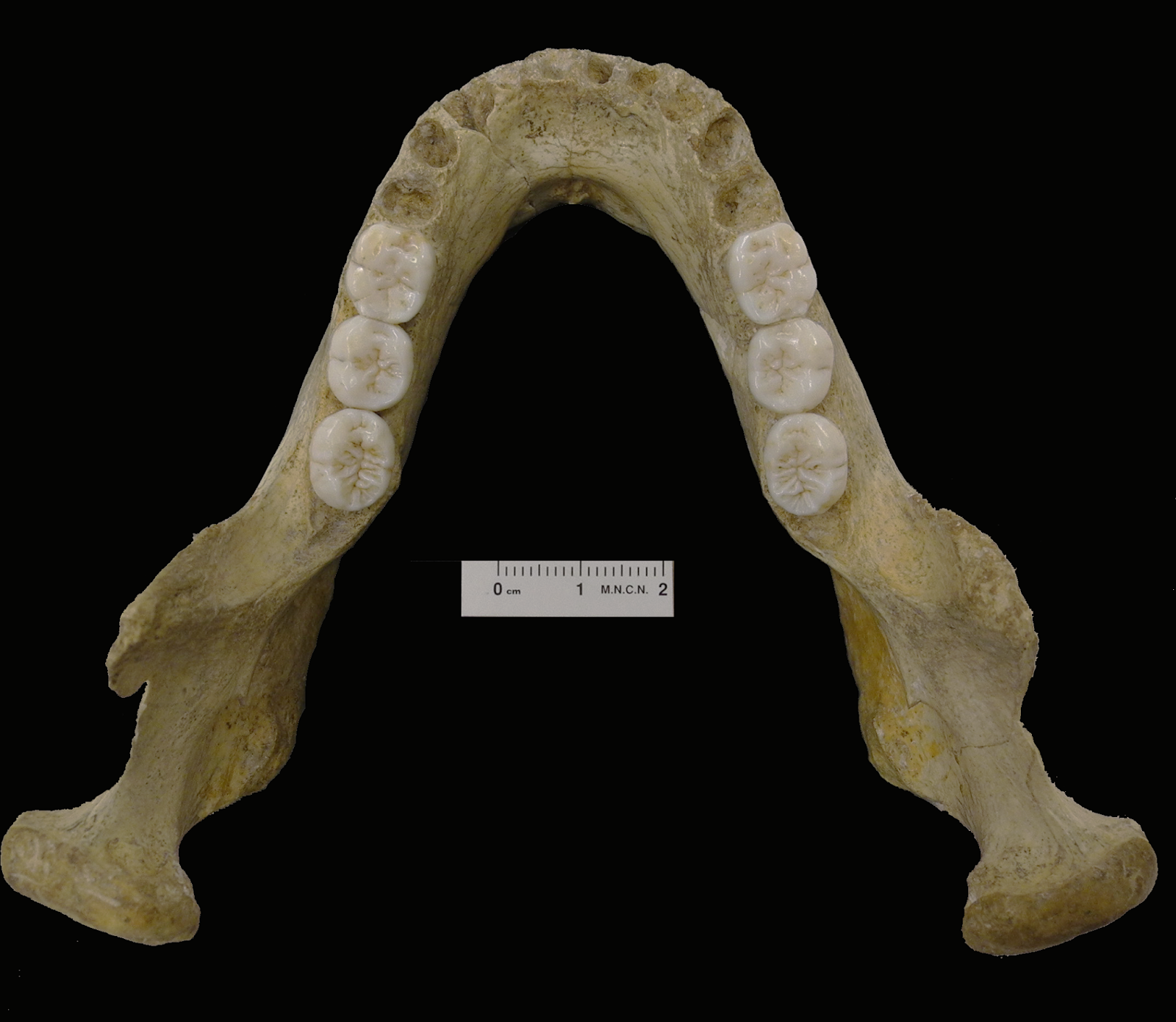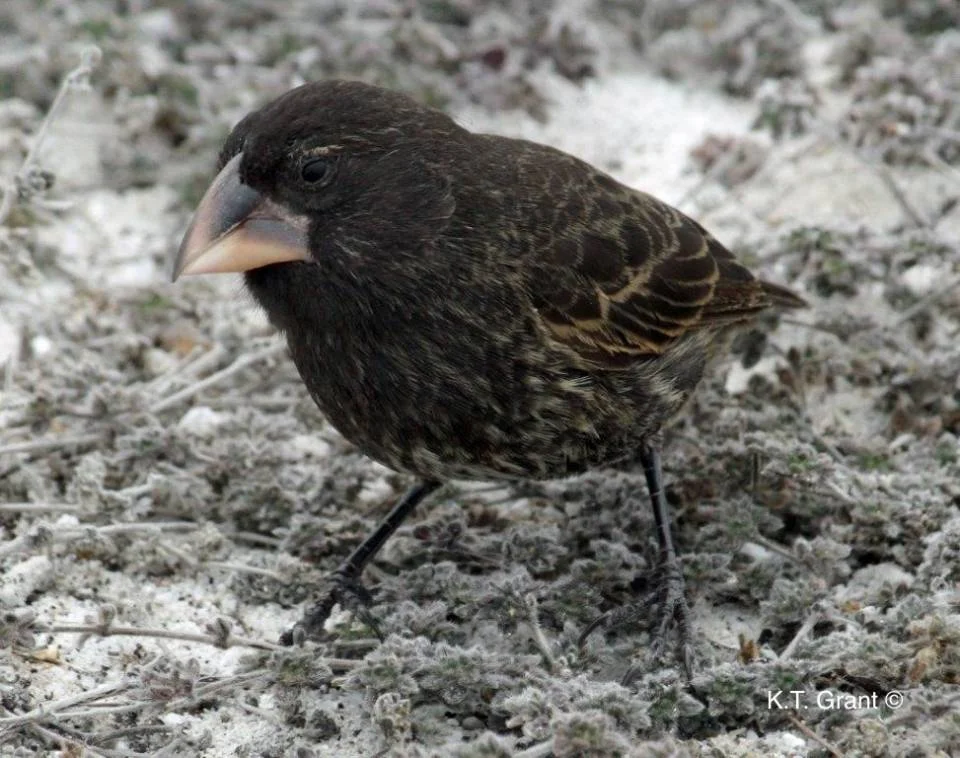 |
The wooden pointed tool immediately following its recovery.
|
Found the oldest Neanderthal wooden tools in the Iberian Peninsula | CENIEH - Centro Nacional de Investigación sobre la Evolución Humana
Coincidentally, the subject of Neanderthals being in some way more primitive that the modern humans with which they are now know to have interbred, came up in a Facebook group today. Apparently, there are some Africans who make the racist claim that somehow non-Africans interbreeding with Neanderthals in Eurasia resulted in non-Africans incorporating 'backward' features, leaving Africans more highly evolved.
This is, of course, nonsense and is exactly the reverse of the thinking that Europeans used to try to justify the slave trade and the European nations annexing most of Africa, the New World, East Asia and Oceania on the grounds that these places were inhabited by inferior, under-developed and less highly evolved people. It comes from a fundamental misunderstanding, or deliberate misrepresentation of the Theory of Evolution.
The fact is that everything alive today has been evolving for the same length of time and so is as well or badly adapted to its current environment as anything else, because the degree of adaptation is entirely in the context of the population's environment. Given the rate at which early European explorers died of diseases in Africa and South and Central America, a much better case can be made that they were much less well adapted to that local environment than the local population.
In the early days of European exploration of West Africa, there was a popular saying, "Beware, beware the Bight of Benin! Few come out though many go in". The Bight of Benin is the bay where the west coast of Africa first turns south after going East under the 'bulge' at the top. So many of the sailors who landed in or south of the Bight of Benin died of tropical diseases that it held back European exploration for some considerable time and only the lucrative slave trade tempted them further south.
Now back to the Neanderthals after that brief excursion into Africa.






















